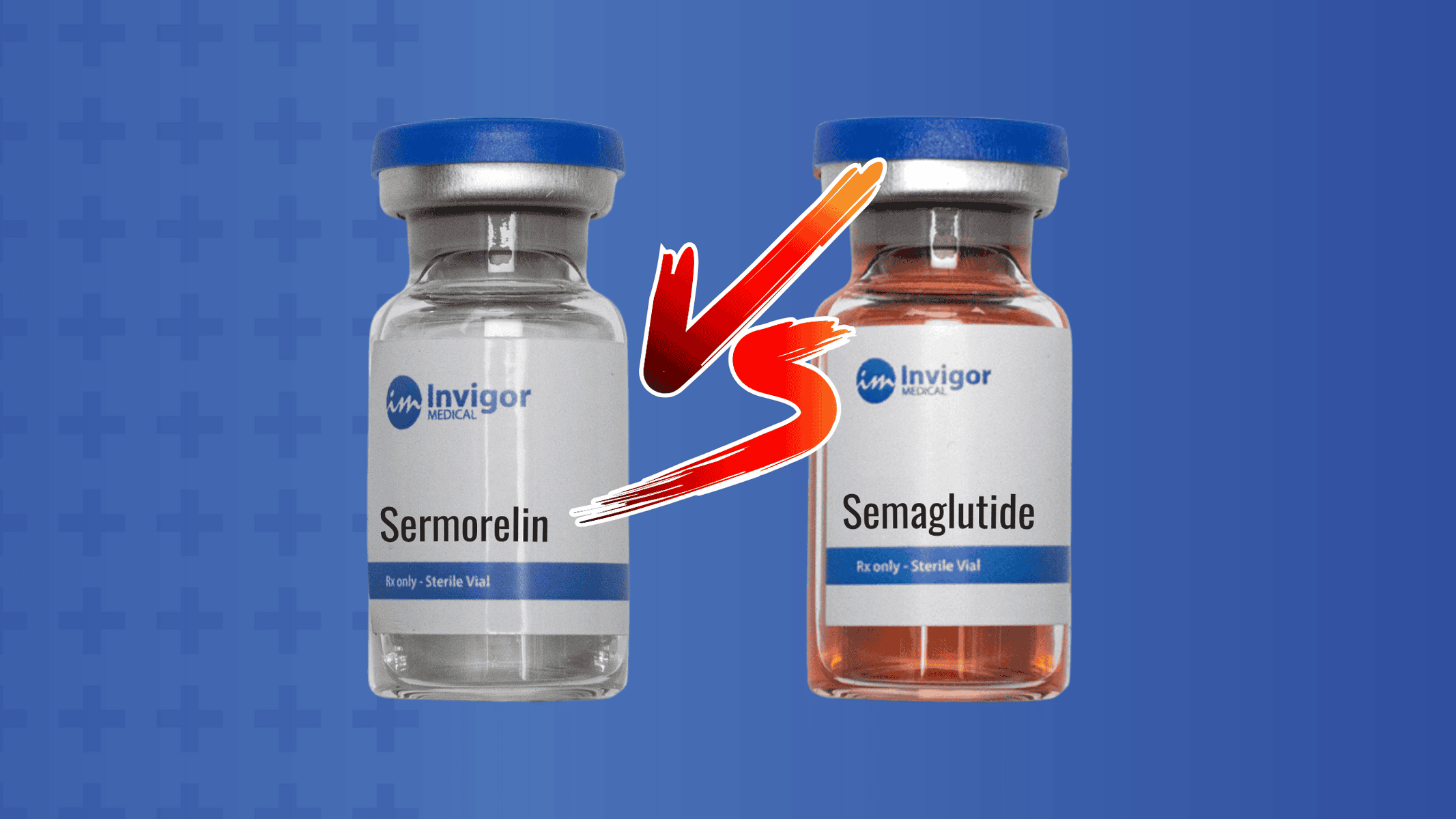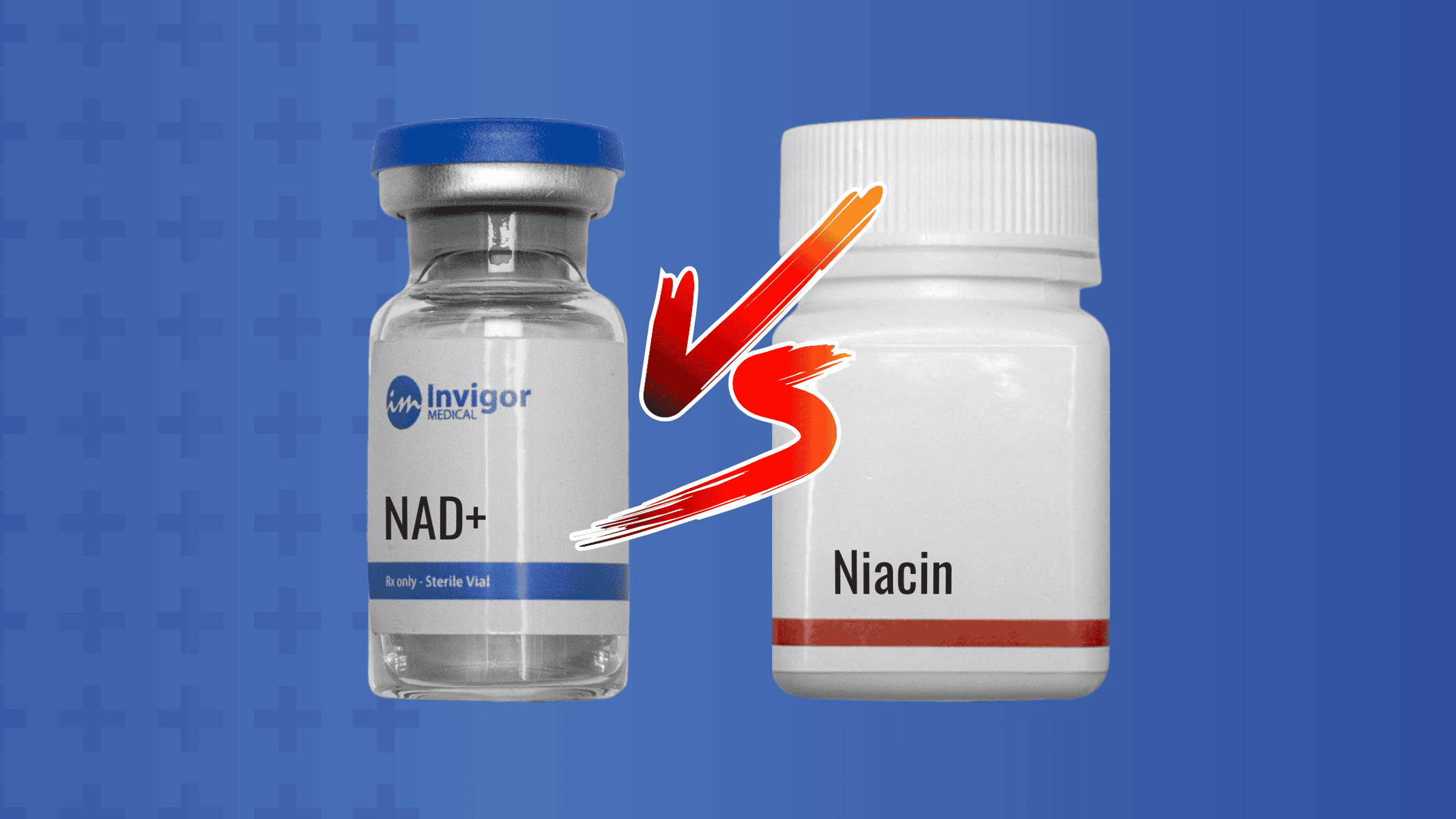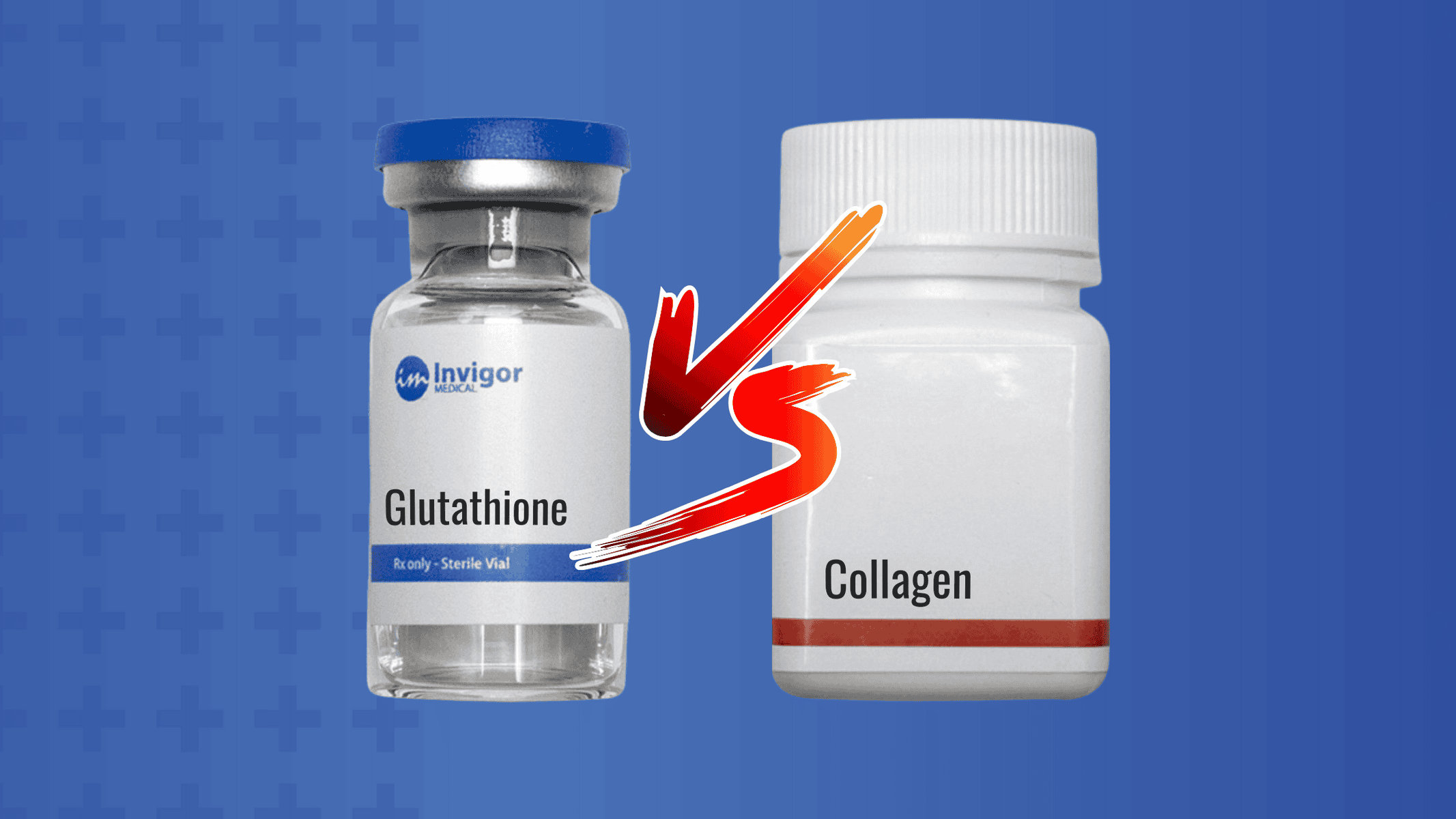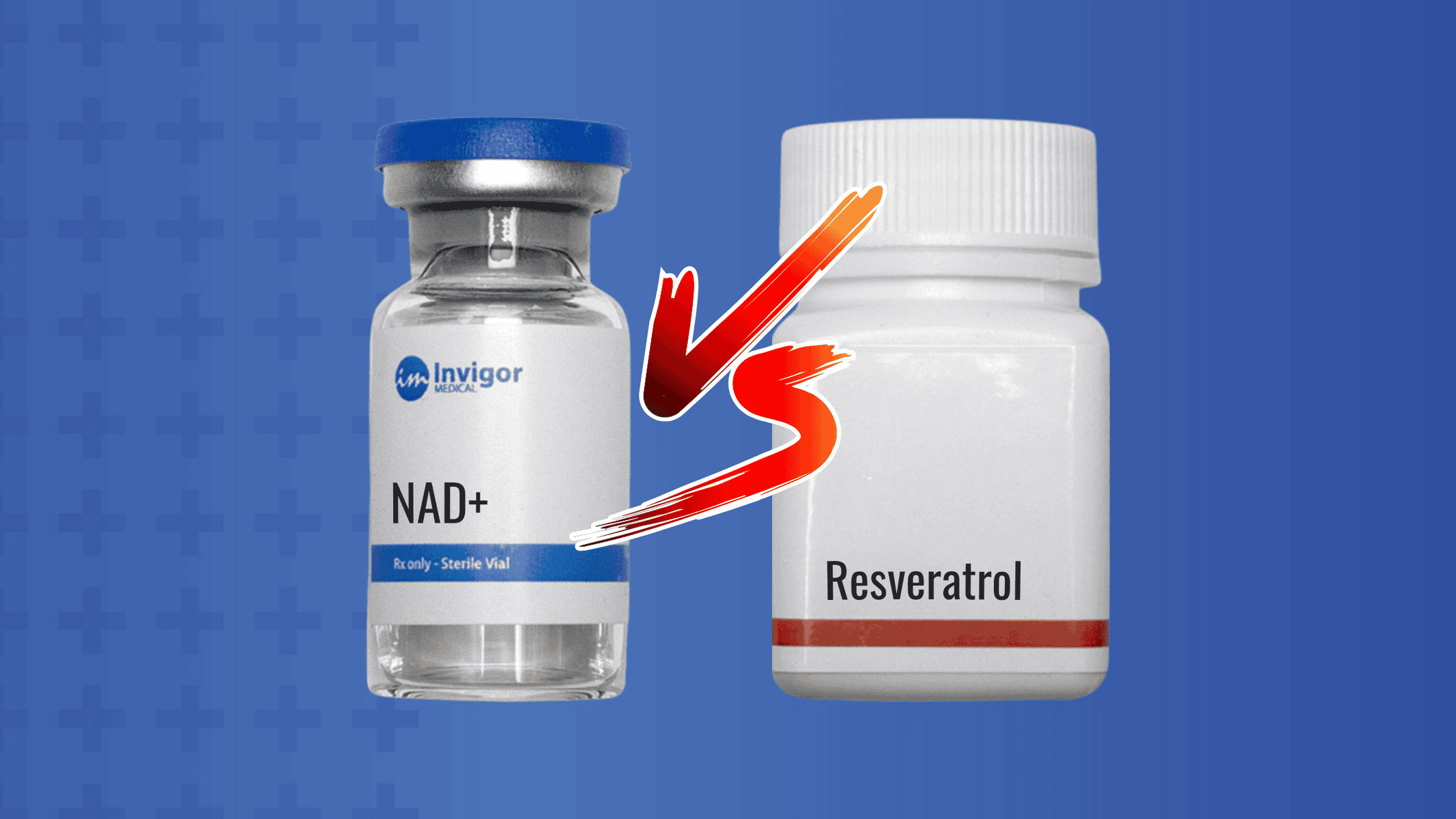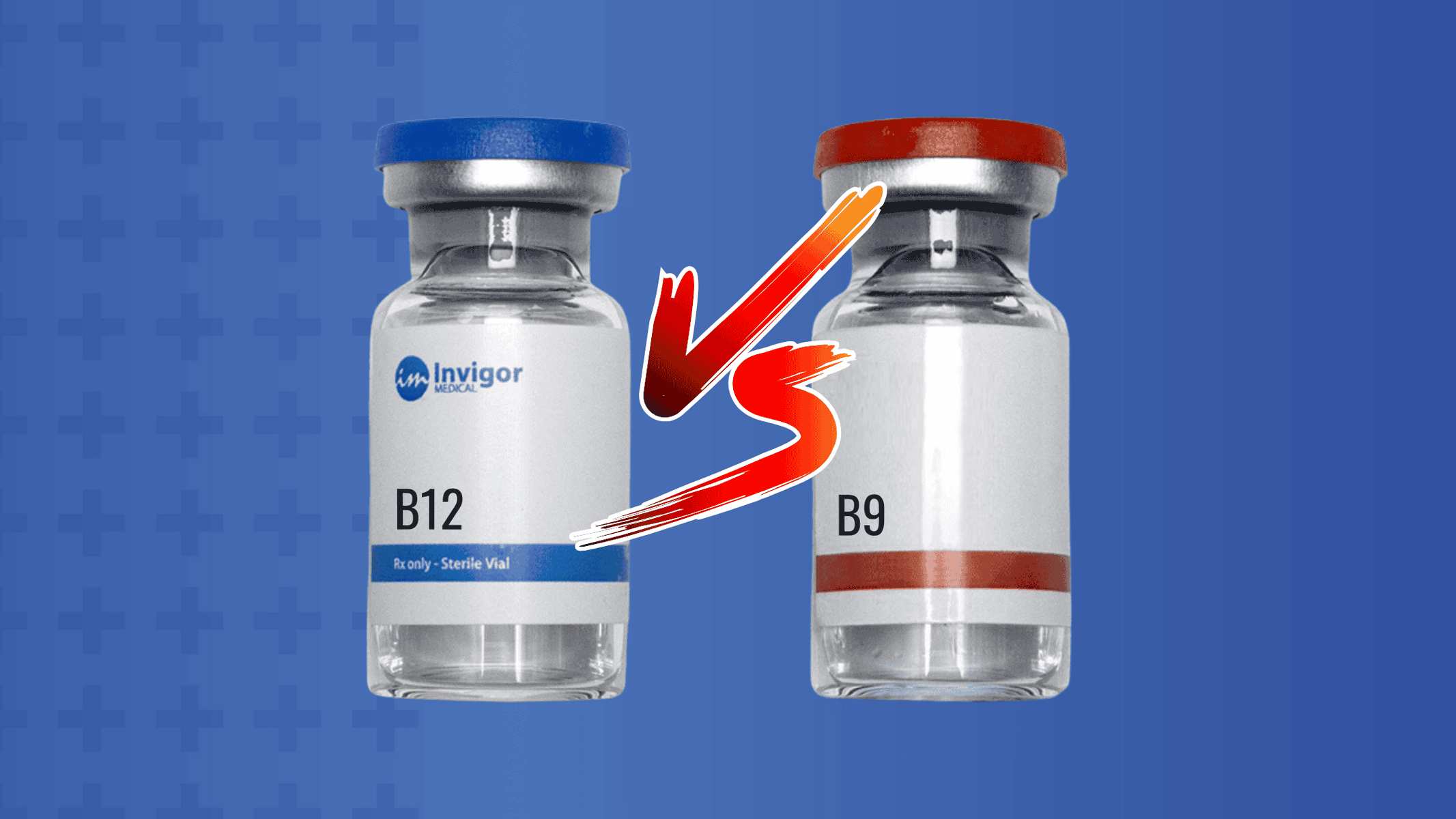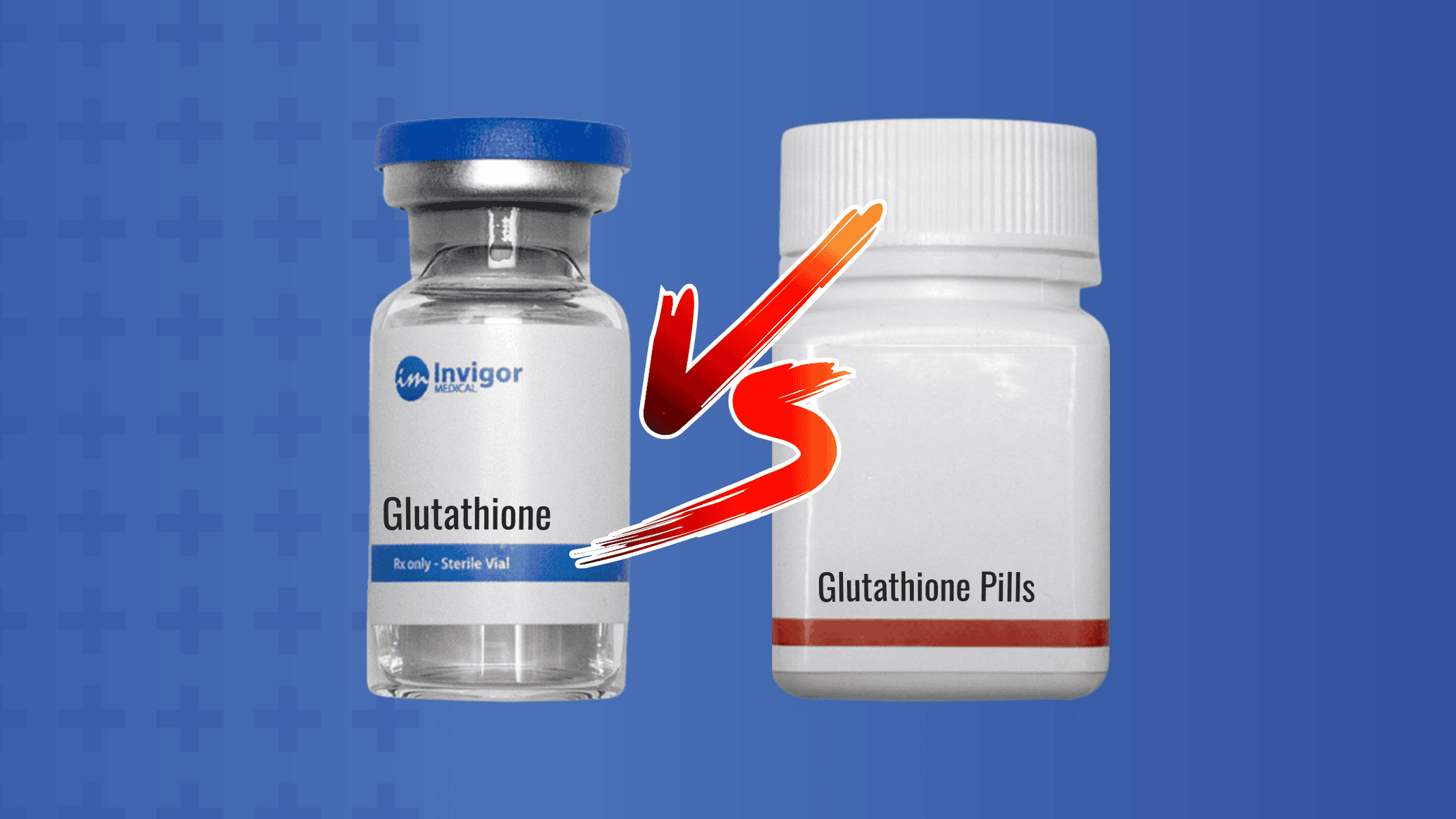Anti-aging is not just about looking better. Although that is important for many people, it is also about living a healthier life longer. As a population, we are living longer, and you want those additional years to be healthy ones that allow you to be active and disease-free. The World Health Organization now formally recognizes aging as a disease in its latest International Classification of Diseases, which opens the door for developing therapeutic interventions that specifically target aging and age-related diseases. But does Metformin help with anti-aging?
One chronic disease, obesity, affects a large percentage of the population and longevity. Metformin has proven to be a very effective medication for treating type 2 diabetes, a chronic disease that stems from obesity and lack of physical activity, along with a genetic predisposition and other predisposing factors, and it also causes weight loss. This has led researchers to consider whether metformin can extend lifespan, even without type 2 diabetes.
Two clinical trials, the Metformin in Longevity Study (MILES) and Targeting Aging with Metformin (TAME), have investigated the potential benefits of metformin as an anti-aging drug. Preliminary results from these trials are just becoming available. Even if metformin proves to not extend lifespan, reducing the effects of chronic disease could extend your lifespan spent in good health (healthspan).
Table of Contents
What Is Metformin?
Metformin is a medication used as a first-line treatment for type 2 diabetes. It has been used for over 60 years. Besides controlling blood sugar, metformin typically leads to weight reduction and lower hemoglobin A1C, a marker of blood sugar levels over a three-month period.
Obesity, type 2 diabetes, and cardiovascular disease are all chronic diseases that contribute to faster aging and a shorter lifespan. The United Kingdom Prospective Diabetes Study (UKPDS), a prospective, 20-year randomized multicenter trial of patients with type 2 diabetes, was published in 1998 and showed that metformin also has cardiovascular benefits. This has led researchers to investigate its potential to treat many other diseases. A systematic review of 53 clinical studies showed that metformin may reduce all-cause mortality and diseases of aging and “that metformin could be extending life and healthspans by acting as a geroprotective agent.”
Proposed mechanisms of action for metformin’s weight loss and metabolic effects include:
- Decreasing liver glucose production
- Altering gut microbiome
- Suppressing appetite-stimulating brain cells in the hypothalamus
- Increasing leptin sensitivity
- Suppressing appetite by increasing lactate production
- Reversing age-related metabolic changes
- Altering bile absorption
- Changing signaling in the gut
While diet and exercise are important, metabolism is much more nuanced than calories-in calories out. Metformin can help people who have unsuccessfully tried diet and exercise alone lose excess weight.

The Science Behind Anti-Aging
Anti-aging treatments have traditionally been considered fringe science offered by “snake oils salespeople.” However, over the past two decades, significant advances have been made in understanding the aging process and aging-related chronic diseases. While cosmetic and other skin products still hold a significant part of the anti-aging product market, medications and treatments that target body composition and chronic diseases under the umbrella term age management are becoming more popular. This is evidenced by the ever-expanding number of clinical trials testing the safety and effectiveness of anti-aging medications.
For example, Altos Labs, a start-up company, is attempting to reprogram cells in order to rejuvenate them. Their goal is to apply their technology in every cell in an animal’s body to ultimately halt biological aging and extend the human lifespan. So far, they have been able to extend the lifespan of mice and restore a mouse’s eyesight using their technology.
According to P&S Intelligence, the anti-aging market is expected to explode in the next decade, increasing from $191.5 billion in 2019 to 421.4 billion in 2030. Technology companies are exploring ways to slow cellular aging, restore mitochondrial function, reduce neurologic disease, remove old or damaged cells, and improve immune function.
Does Metformin Help With Anti-Aging?
Anti-aging is the prevention and treatment of age-related disease, which results in a longer healthspan. Thus, there are two anti-aging goals: to live longer and to live healthier for a longer period of time. Cardiovascular disease, type 2 diabetes, and obesity are three chronic diseases that affect longevity and healthspan.
Metformin helps people lose excess weight. A healthy body composition, meaning preserving muscle mass and reducing fat mass, can help protect against chronic disease. Lifestyle changes such as the following are important first steps towards living a healthier life.
- Consuming a healthy and balanced diet
- Engaging in physical activity
- Reducing stress
- Getting plenty of restful sleep
Taking steps to mitigate the effects of internal and environmental stresses on the body can slow the aging process and help prevent chronic diseases, which have a cumulative effect on the body. For example, metformin synergy is a combination of medications that aid in weight loss and blood sugar control. It can also lower triglycerides, reducing your risk of cardiovascular disease. As a result, weight management can ultimately reduce the risk of three chronic diseases associated with aging: obesity, type 2 diabetes, and cardiovascular disease.
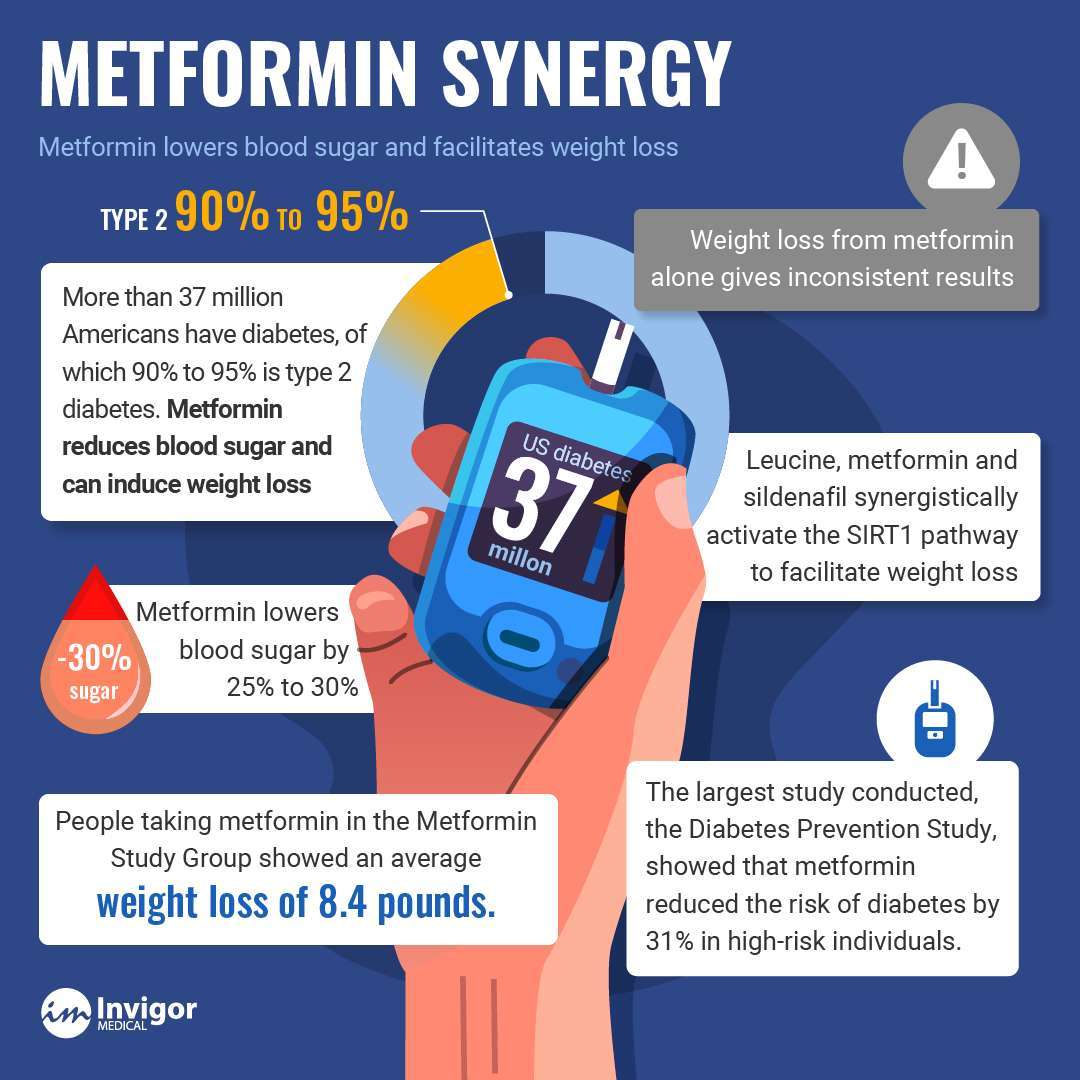
How To Take Metformin
Metformin is inexpensive and is considered safe, with the most common side effects being abdominal pain, bloating, nausea, diarrhea, and vomiting. The most serious side effect associated with metformin is lactic acidosis. It is a rare side effect and why people with kidney or liver disease are typically excluded from metformin use.
Metformin dosages to treat type 2 diabetes are 500 mg, 850 mg, and 1,000mg. Dosage is gradually increased based on blood sugar control and tolerance to side effects.
Metformin for weight loss is prescribed in metformin synergy, a compound that contains:
- Metformin 250 mg
- Leucine 250 mg
- Vitamin B12 20 mcg
- Sildenafil 700 mcg
Leucine, metformin, and sildenafil synergistically work to reduce fat mass and triglycerides by activating SIRT1, according to a phase 2 clinical trial. Weight loss during the 16-week study period was linear, which suggests it will continue at the same rate. Activating Sirt1 is expected to support weight loss, improve cardiovascular function, and improve lipid metabolism. Restoring B12 levels is also expected to help with weight loss.

When To See A Doctor
Anti-aging is a science that is coming of age. In the next decade, experts predict that many of the bodily changes associated with the aging process will be reduced or at least delayed. Many products are marketed as anti-aging, so it is important to talk to your healthcare provider to ensure that the risk-benefit ratio for the medication or supplement you are considering is strongly in your favor.
Unlike many other anti-aging products, Liraglutide is a clinically supported treatment that can help with weight management, metabolic health, and reducing risk factors for chronic diseases that accelerate aging. When combined with lifestyle interventions—such as a balanced diet, regular exercise, stress management, and sufficient sleep—Liraglutide can help maintain a healthy body composition, support cardiovascular health, and promote a longer, healthier healthspan.
If you are concerned about your weight or have symptoms associated with chronic diseases that may speed up the aging process, start a personalized Liraglutide treatment plan today with Invigor Medical and take the next step toward your anti-aging goals.






